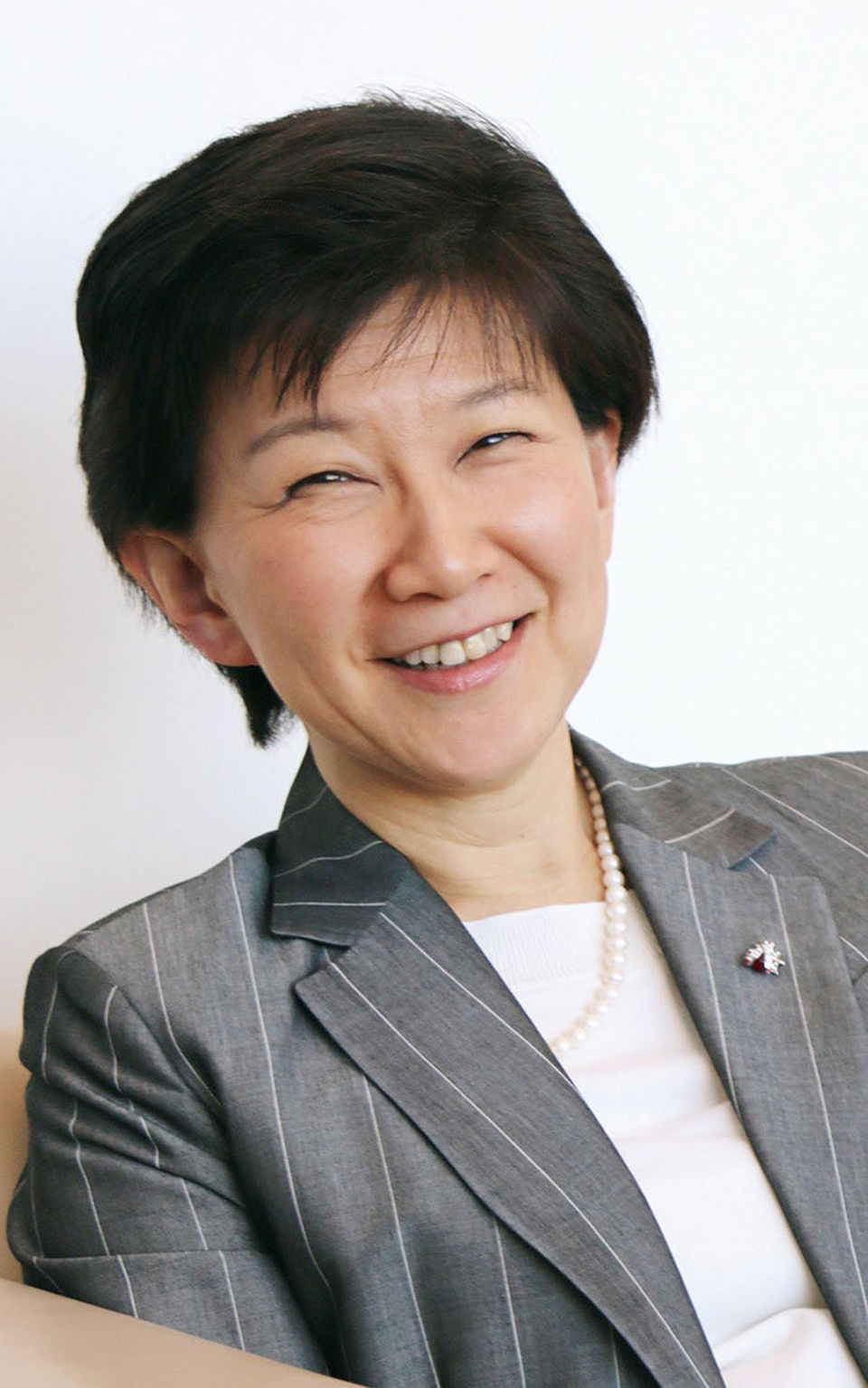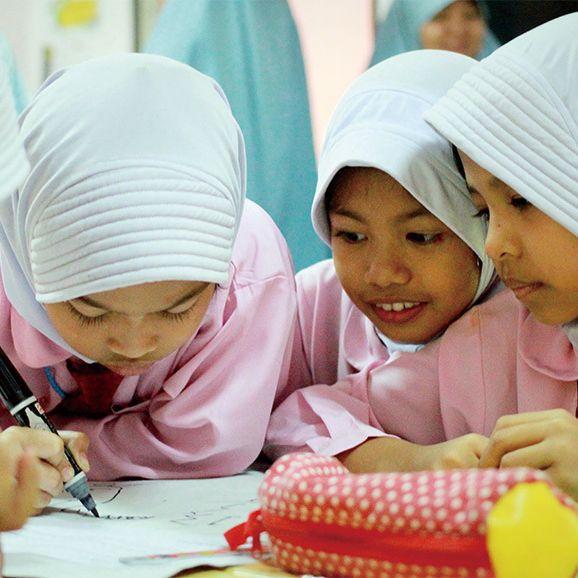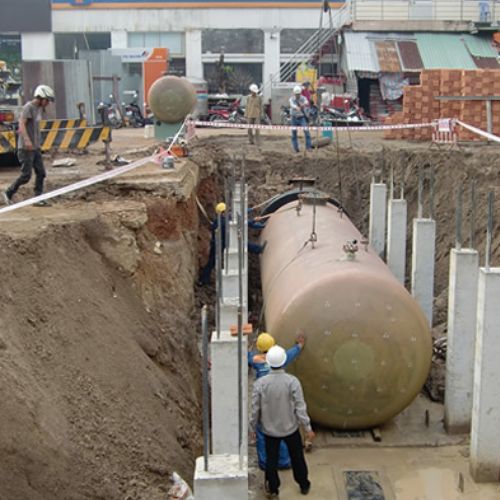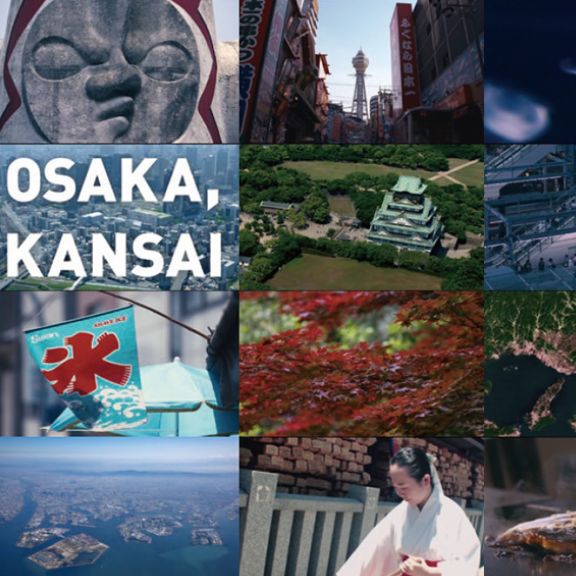Japan prizes multilateralism, and it has been a strong member and supporter of the United Nations since joining the organization in 1956.
The Constitution of Japan may help to explain the country’s consistent readiness to invest in the work of the United Nations. The preamble states: “... We desire to occupy an honored place in an international society striving for the preservation of peace, and the banishment of tyranny and slavery, oppression and intolerance for all time from the earth. We recognize that all peoples of the world have the right to live in peace, free from fear and want.” All of these aims go to the heart of the mission and objectives of the United Nations.
Izumi Nakamitsu
Ms. Izumi Nakamitsu became the first Japanese woman to assume the position of Under-Secretary-General and High Representative for Disarmament Affairs at the United Nations on 1 May 2017. Prior to taking on this post, she served as Assistant Administrator of the Crisis Response Unit at the United Nations Development Programme (UNDP) since 2014. She has many years of experience within and outside the United Nations system, including in the UN Department of Peacekeeping Operations, Executive Office of the Secretary-General, and United Nations High Commissioner for Refugees (UNHCR). Born in 1963, Ms. Nakamitsu holds a Master of Science degree in Foreign Service from Georgetown University in Washington, D.C., and a Bachelor of Law degree from Waseda University in Tokyo.
Japan is one of the largest financial contributors to the United Nations, and it has long been a leader in the areas of development and humanitarian cooperation. In fact, its government was one of the first to emphasize humancentered approaches to these activities by encouraging ownership of development processes by communities they affect. The member states of the United Nations hold Japan in equally high esteem on matters of peace and security, as they have demonstrated by appointing it to the Security Council on more occasions than any other country elected to the body. Japan is currently serving its eleventh two-year Security Council term.
To tackle today’s profound global challenges and ensure a livable world for ourselves and coming generations, we need multilateralism and the United Nations more than ever. Through the United Nations, the international community has already achieved the landmark 2030 Agenda for Sustainable Development, whose 17 goals will guide our joint efforts to eradicate extreme poverty and protect the planet while “leaving no one behind.” Governments also acted through the United Nations to produce the Paris Agreement, which will guide our critical work to address global climate change. Japan remains one of the most important champions of these multilateral efforts, which will have a defining impact on the future of humanity and our planet.
In addition, the United Nations offers a crucial means of orchestrating action on growing challenges to peace and security. These challenges include the return of rivalries and tensions reminiscent of the Cold War, as well as new risks posed by non-state actors and terrorist organizations with regional and global influence. UN forums can also help the world to address rapid technological and scientific innovations with the potential to bring enormous prosperity, but also to upend the international security environment if they are weaponized or harnessed with malicious intent. We within the United Nations must act to prevent conflict while ensuring that our peace operations can protect civilians, restore stability and sustain peace more effectively. We must also redouble our efforts to advance disarmament causes—the oldest mandate of the United Nations, agreed upon by its first General Assembly resolution in 1946. Arms control, nonproliferation and disarmament efforts build confidence, reduce tensions and contribute to political solutions to conflicts.
Japan, with its proven record in multilateral affairs, has a central role to play in all of these efforts. On behalf of the UN Secretariat, I propose three ways in which Japan may be able to strengthen its support even further for the United Nations and, by extension, the entire international community.
First, Japan could expand its role as a bridge builder at the United Nations, bringing together various perspectives and positions on difficult issues. For the United Nations to work effectively, member states must find common approaches to tackle global challenges. In today's difficult political environment, a group of trusted countries is needed to help narrow differences and find areas of agreement. Japan enjoys global respect and appreciation for its moderate and peace-seeking foreign policies over the past seven decades, coupled with its long-running, sincere efforts to support development around the world. Its trust and credibility among UN members could prove to be a great asset in supporting a well-functioning UN system.
Second, Japan could assume a greater leadership role in the potentially difficult endeavor of upholding or restoring the universal values that the United Nations seeks to advance: human rights, the rule of law, and various international norms and instruments that the world community has labored to establish over generations—in some areas longer than a century. The Middle East has seen brazen violations of both international humanitarian law and the universal taboo against chemical weapons use, and these are just two worrying examples of the possible erosion of international norms. An immediate and vigorous effort to stop further erosion is essential. Japan has always acted in a rigorous and exemplary manner at the United Nations to uphold the rule of law, and the world could only benefit from further Japanese efforts in this regard.
Third, we hope Japan will strongly support the institutional reform efforts initiated and spearheaded by UN Secretary-General Guterres. As the world goes through profound changes, the United Nations will have to change with it. The reforms we must undertake might be at times painful for UN staff and delegates, but they are necessary if multilateralism and the United Nations are to remain relevant in the twenty-first century. Such reform efforts are important to ensure that the United Nations system will not only perform more efficiently in today’s changing world, but also deliver on its goals more effectively. The United Nations should become more innovative and creative, while also learning to work more effectively with the private sector, civil society actors, and young people. Japan played a key role in past UN reform efforts, and we hope it can again lead and support us in this latest reform process.
The United Nations is by no means perfect, but it is evident that global challenges require global engagement and a collective effort. We at the United Nations are certain that we can achieve a better, more prosperous and more secure world for all—if we can work closely with member states such as Japan.





























